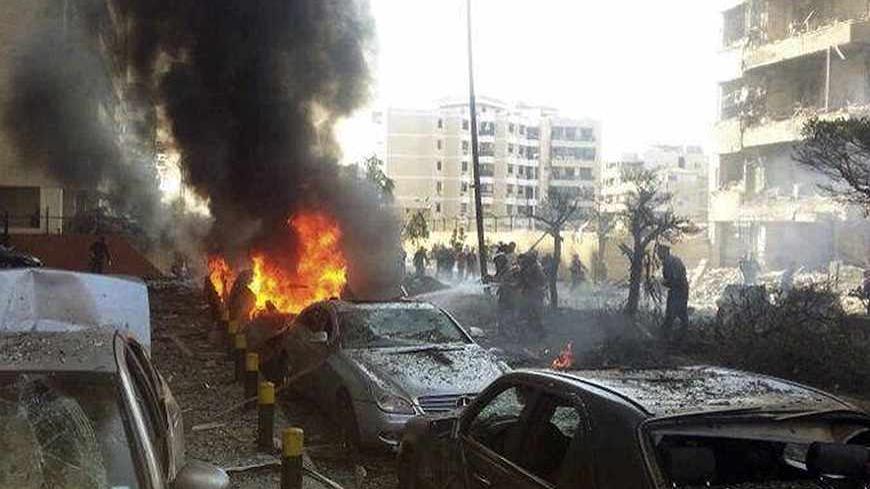The worst expectations that prevailed in Lebanon’s security and political spheres during the last few weeks, about the possibility of Lebanon following the Iraqi model, actually came true. The accumulation of intelligence by Lebanese authorities in the last few days all pointed to such a probability. Most worrisome was information that al-Qaeda was preparing to launch terrorist attacks against Ashoura rallies organized by Shiites in Lebanon, in a manner that would spread, into Lebanon, the ongoing violent Shiite-Sunni Iraqi conflict.
But, the most dangerous aspect of the twin bombing attacks that rocked Beirut’s southern suburb on Nov. 19 was the targeting of the Iranian Embassy in Lebanon. This reflects, in form, a further souring of political relations between Tehran and Riyadh. The second dangerous aspect was that the attack was executed in a style reminiscent of the continuing terror campaign that rages on in Iraq between Sunnis and Shiites.



